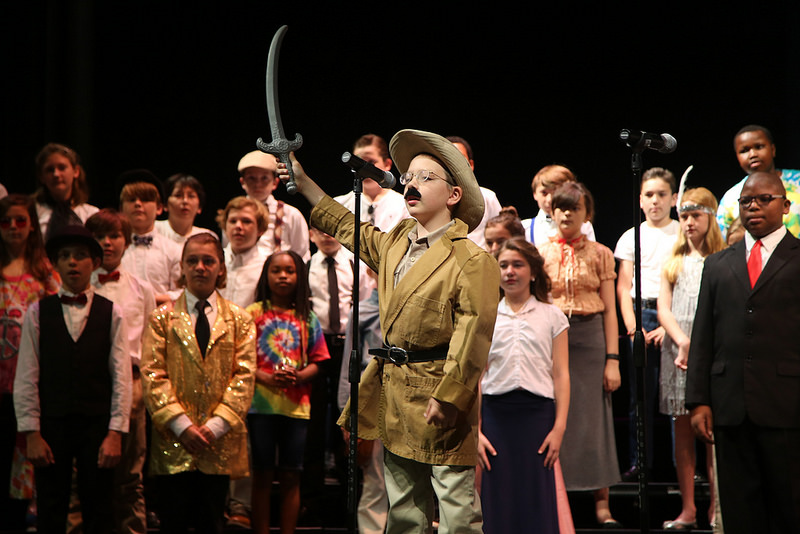One of Ravenscroft’s most accomplished performing arts alumni, professional opera singer William “Bill” Joyner ’80 thrives on sharing his passion for music with his fellow Ravens. Last spring, when campus was closed to nonessential personnel in response to the growing COVID-19 pandemic, Joyner joined students, faculty and staff, and other alumni in contributing a performance video to our #RavensTogetherAtHome social media campaign.
Over the course of his career, Joyner, a tenor, has sung in some of the world’s foremost opera theaters, including Milan’s Teatro alla Scala, Bologna’s Teatro Comunale, Venice’s Gran Teatro la Fenice, Paris’ Opéra National (Bastille), Brussels’ Théâtre Royal de la Monnaie, Berlin’s Deutsche Oper and Deutsche Staatsoper, The Washington National Opera and The New York City Opera. He currently serves as Assistant Professor of Vocal Studies at the University of North Texas College of Music.
Along with his wife, Jackie, Joyner — who was the first inductee into Ravenscroft’s Alumni Fine Arts Hall of Fame — has ensured that future Ravens with a passion for music will have the opportunity to hone their talents at school. They established the William H. Joyner Family Fund for Music to fund private music lessons for up to three Upper School students per year.
“I knew that I wanted to be a singer from a very early age. As a student at Ravenscroft, I benefited from scholarship assistance provided by the A.J. Fletcher Foundation, which paid for my voice lessons and for many other students’ applied lessons, as well,” Joyner said. “Creating this fund was a way for me to say ‘thank you’ to all at Ravenscroft who supported me in my early musical journey. By naming it for my family, I honor my parents, without whom I could not have become who I am today.”









